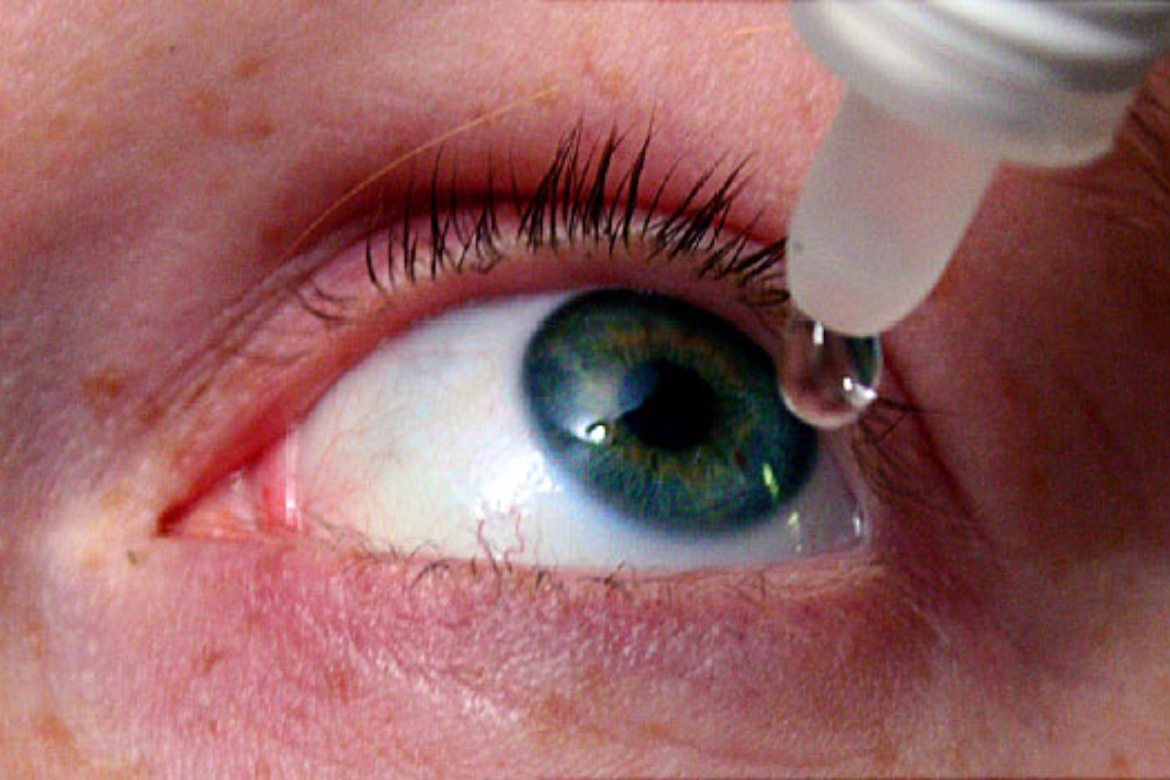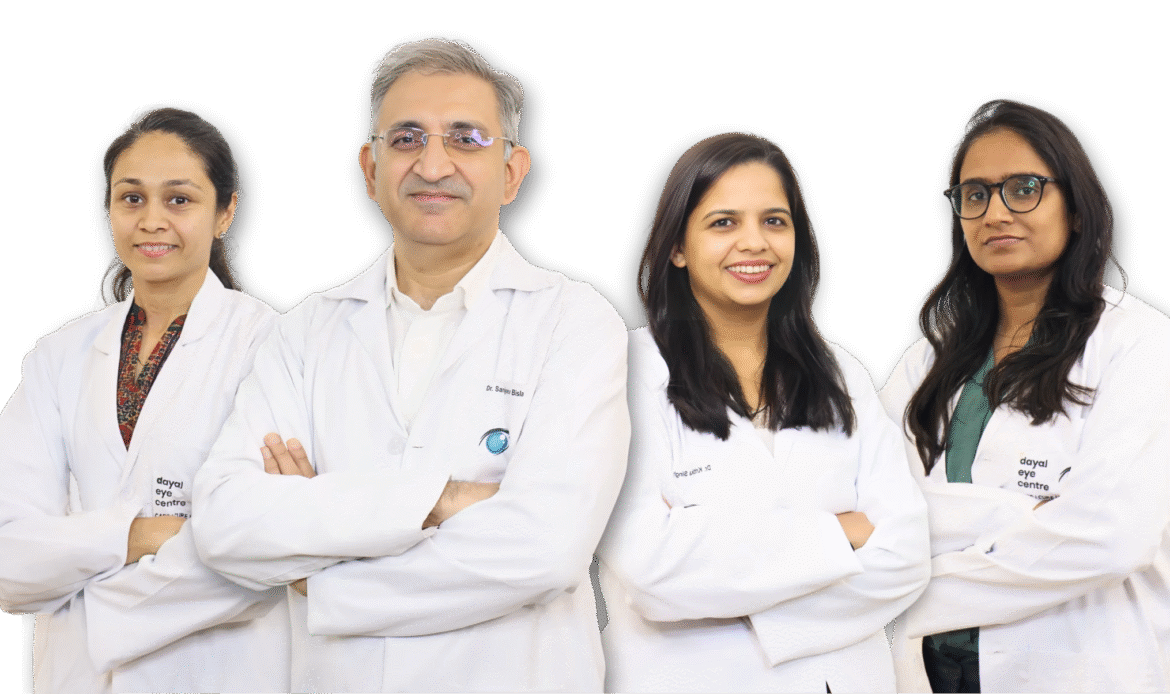
People who are astigmatic, nearsighted, or farsighted can have their vision corrected by LASIK, which stands for laser in-situ keratomileusis. One of many vision correction procedures, LASIK alters the cornea, the transparent front portion of the eye, to direct light toward the retina at the back of the eye. Such a procedure uses more than one Laser to correct refractive errors or eye conditions. Typically the specialists use a femtosecond laser to create a flap followed by an excimer laser to reshape the cornea based on the eye condition. The use of a femtosecond laser is also known as interface, blade-less, blade-free or All Laser LASIK. Dayal eye hospital in Gurgaon excels at LASIK surgery and restoring the eyesight of the patients. It has eye specialists who are highly qualified to provide this kind of care and treatments to help the patients out. Dayal Eye Hospital uses top-notch procedures and medical equipment that makes the hospital one of a kind. If you are looking for LASIK surgery in Gurgaon, this is the place to go.
Symptoms of Dry Eyes:
Dry eyes usually tend to affect both eyes and they can be easily recognised through the following symptoms:
- Stinging or burning sensation
- Urge to keep scratching the eyes
- Stringy mucus within or around eye areas
- Increased sensitivity to light
- Red eyes
- A sensation of an obstruction in the eye
- Difficulty in wearing contact lenses
- Difficulty in driving during nights
- Watery eyes
- Blurred vision
- Eye fatigue
Causes of Dry Eyes:
Some very common factors that contribute to dry eyes might include:
- Certain diseases like rheumatoid arthritis, thyroid disease and lupus can cause dry eyes,
- Blepharitis is a condition in which the eyes turn swollen or red.
- Entropion, where the eyelids turn inward
- Ectropion, where the eyelids turn outward
- Being in a windy or a very dry climate
- Usage of digital devices for a long time or without blinking
- Regular usage of contact lenses
- Certain medications like anxiety medication, heartburn medicine, allergy or cold medicine can also cause dry eye.
- Vitamin A deficiency
- Ageing
Subtypes of Dry Eyes:
Dry eyes can be classified into two subtypes, namely:
- Aqueous Deficiency: Aqueueous deficiency occurs when the lacrimal glands produce very little aqueous humor (transparent eye fluid). This causes eye dryness and it accounts for only a tenth of dry eye disease.
- Lipid Defects: Also known as evaporative dry eye, this occurs due to a deficient tear flim lipid layer, which causes an increase in tear evaporation. This accounts for 85% of diagnoses of dry eye disease.
Diagnosis of Dry Eyes:
To diagnose dry eyes, our ophthalmologist performs comprehensive eye examinations or tests to measure the quality of eye tears secreted by lacrimal glands. They might also look into the medical history or take samples of eye tears to look for markers of a dry eye condition.
Treatment for Dry Eyes:
Dry eyes can easily be treated through the following treatment procedures:
- Medication can be effective in treating dry eye, which includes tear-stimulating medicines and medicines to reduce eyelid inflammation.
- Eye drops
- Nasal spray to stimulate eye tears
- Special contact lenses
- Light therapy
- Eyelid massage
- Some home remedies might include applying a warm washcloth to the eyes.
At Dayal eye centre, we deliver suitable treatments for dry eyes. As it’s a potentially recurring condition that may come and go over periods, it’s better to get a proper and thorough consultation from an ophthalmologist on how to deal with this condition. At Dayal Eye Centre, we offer personalised consultations to all our patients depending on their issues and areas of concern. To make it easy for our patients, we provide cost-effective treatments and dedicated care to cater to their well-being and satisfaction.


